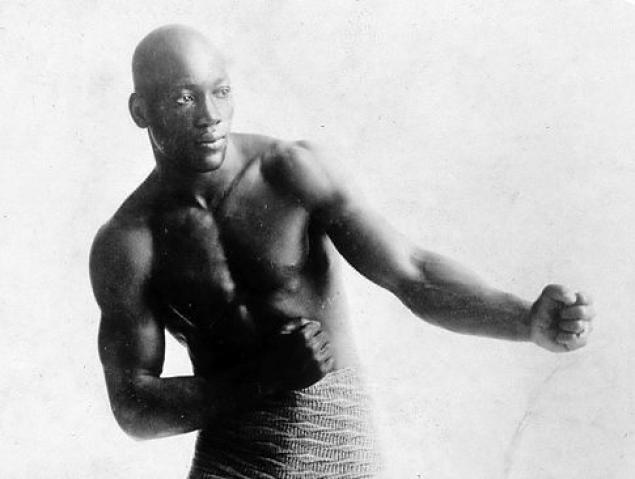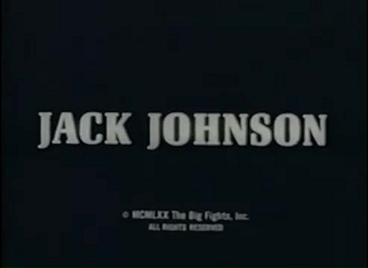A movie for every day of the year – a good one
28 September
Death of Miles Davis, 1991
On this day in 1991, Miles Davis died. By his own estimation the Juilliard educated trumpeter, band leader and composer changed music “five or six times”. Whether that is true or not, he was there when bebop was being invented, and the same went for hard bop, orchestral jazz, modal jazz, jazz-rock and techno-funk, the last of which he tossed off almost as an afterthought, having come out of retirement after spending the late 1970s indulging his two addictions – drugs and sex. His 1959 album Kind of Blue is the best selling jazz record of all time, he was one of the snappiest dressers in the history of recorded music (in his early years), and one of the weirdest (in his later years), he was a mean boxer, a skilled basketball player and was the subject of some of the coolest photographs ever to grace an album cover. The fact that he was a grade A scumbag needs mentioning too, though the girlfriends he abused weren’t forced to stay with him (or they thought the tough stuff was a price worth paying), and the people he insulted might well have considered it something of an honour to have been bad-mouthed by one of the greats. When saxophone legend John Coltrane once complained that he didn’t know how to end a lot of long (I did not say rambling) solos, Davis said “Try taking the fucking horn out of your mouth.” The man also had a keen eye for talent – Tony Williams, John McLaughlin, Wayne Shorter – and Miles: The Autobiography is the definitive warts and all autobiography, what one fan on the Guardian website called “the confessions of a complete and utter turd.” And genius.
Jack Johnson (1970, dir: Jim Jacobs)
An edited down version of one of Miles Davis’s greatest records, the Jack Johnson Sessions, provides the soundtrack to one of the great boxing documentaries, about the first African-American to become world heavyweight champion. Deploying a playful style – a prototype Mohammad Ali – Johnson would toy with his opponents, mindful that the punters were keen to get their money’s worth, parrying their blows, boxing scientifically, defensively, before almost invariably winning the match with a few quick, strong punches to the head. It was because of Johnson’s dominance of boxing in the early 20th century that the term “great white hope” was coined, and it was applied to any white boxer who could be lined up to take on the “Galveston Giant”. This led to “the fight of the century” on 4 July 1910, against James J Jeffries (who had said, “I am going into this fight for the sole purpose of proving that a white man is better than a negro”), the result of which led to race riots. Fast-forward to 1970, the era of Black Power, and this documentary directed by boxing promoter Jim Jacobs, which tries to unpick the man from the myth. A mix of newsreel footage, stills, Johnson’s words spoken by an actor (Brock Peters), presents more than just the bones of the boxer’s life – the fights, the fast cars, the love of jazz, the marriages to three white women, his arrest and trial for offences against “morals”, his trips to Spain and Russia, a man whose eventual defeat in the ring in 1915 seemed to do little to break his spirit. It is an “I’m black and I’m proud” sketch, of its time, patchy, necessarily, but in many ways a more honest portrait than the film The Great White Hope, which also appeared in the same year.
Why Watch?
- One of the most distinctive film soundtracks ever
- One of the great heavyweight boxers of all time
- Director Jim Jacobs went on to co-manage Mike Tyson
- Watch Johnson fight Jess Willard – it’s clear he threw the fight, as he always said he did
This film is not available at Amazon
The great Miles Davis soundtrack album is available – at Amazon
And the epic original sessions are too – at Amazon
© Steve Morrissey 2013

